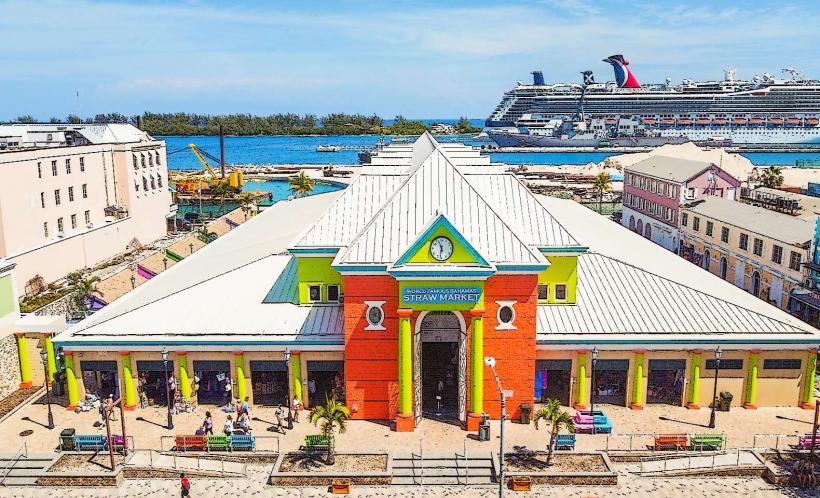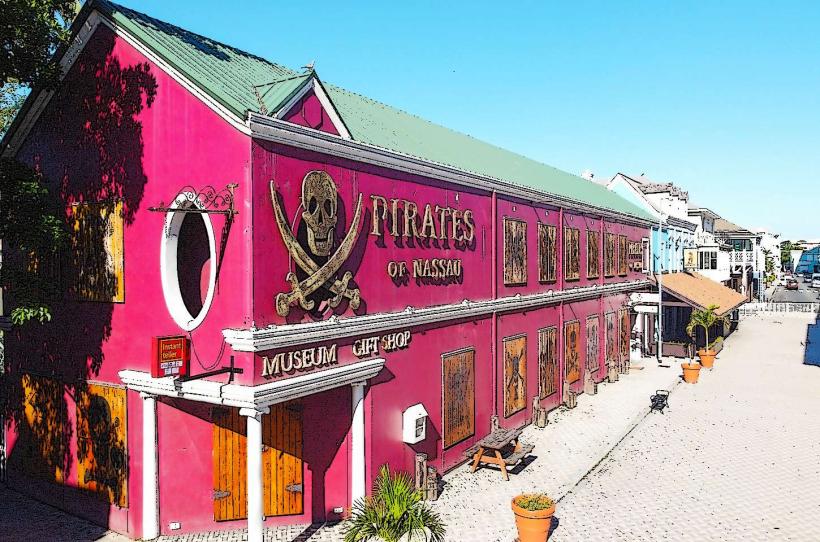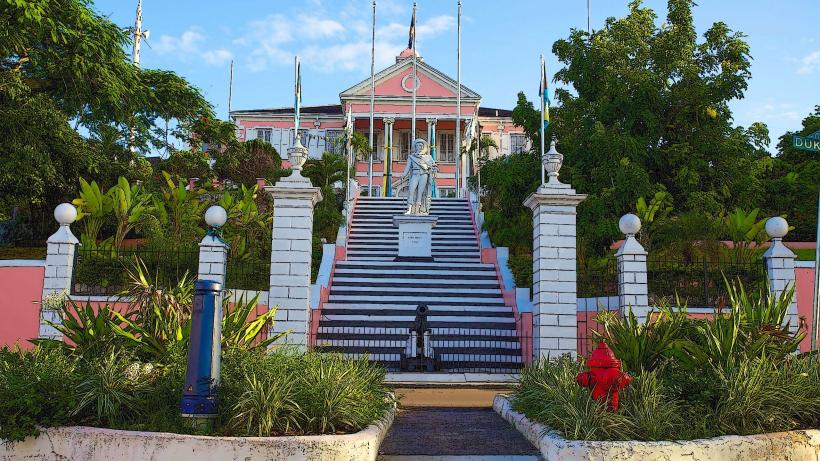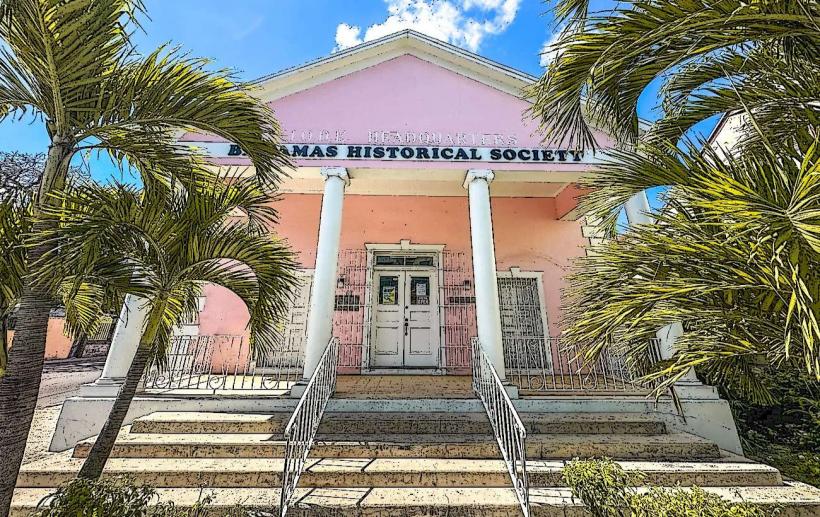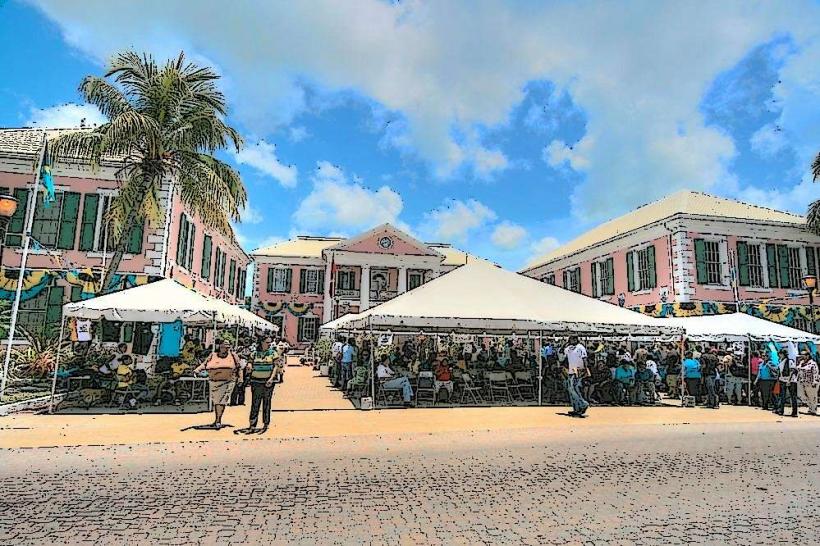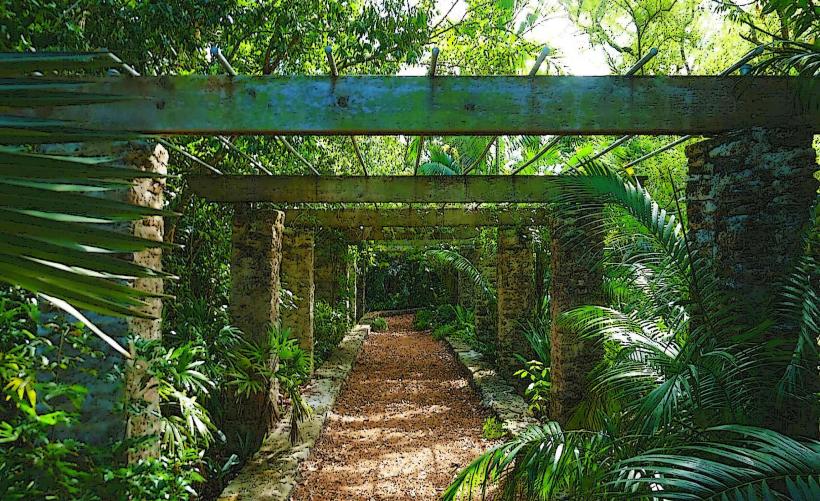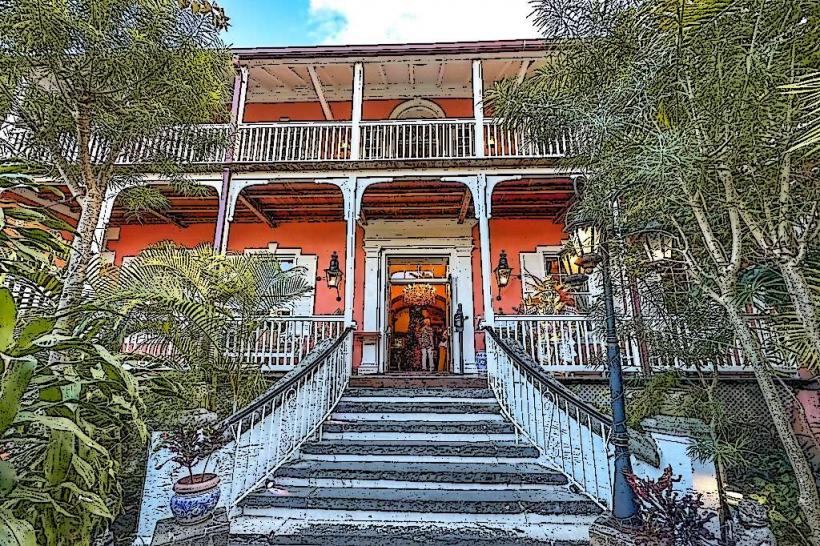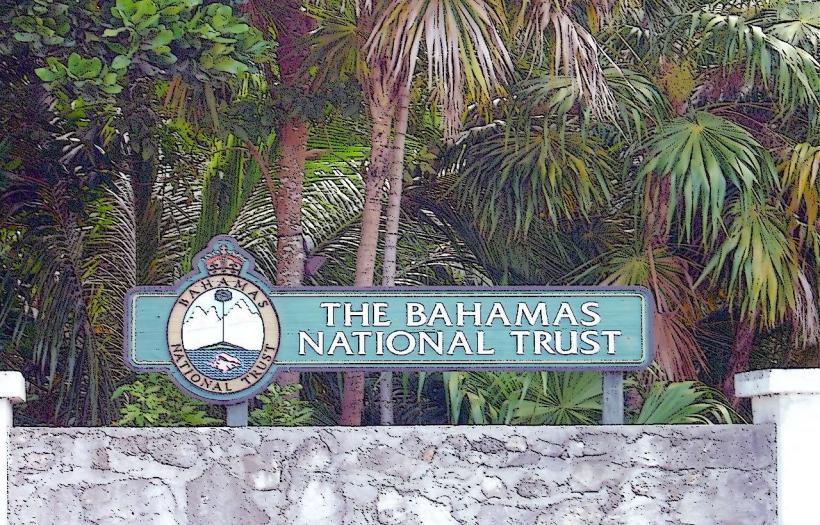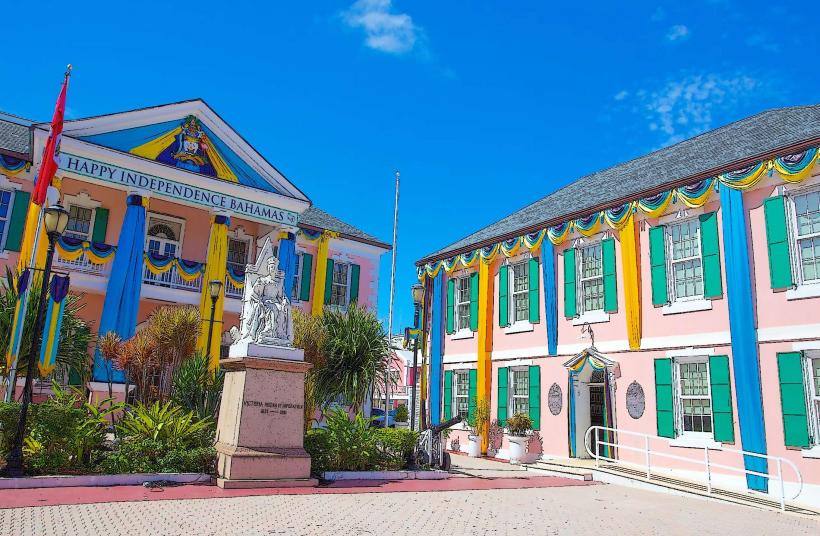Information
Landmark: Fort FincastleCity: Nassau
Country: Bahamas
Continent: North America
Fort Fincastle, Nassau, Bahamas, North America
Fort Fincastle is a 18th-century fortification located on Bennet's Hill in Nassau, Bahamas.
It is the smallest of the three forts protecting Nassau.
Visual Characteristics
Constructed from limestone blocks, the fort has a roughly rectangular footprint with a central keep. Its walls are approximately 1.5 meters thick. The exterior color is a pale, weathered grey. The structure stands at an elevation of approximately 37 meters above sea level.
Location & Access Logistics
Fort Fincastle is situated on Bennet's Hill, approximately 1.5 kilometers southeast of the downtown Nassau Cruise Port. Access is via East Hill Street, which is a paved road. Parking is available at the base of the hill, though spaces are limited. Public bus routes 1, 2, and 12 stop within a 500-meter walk of the fort's entrance.
Historical & Ecological Origin
Construction of Fort Fincastle began in 1793 under the direction of Governor Lord Dunmore. It was built to defend the eastern approaches to Nassau harbor and served as a lookout post. The fort is constructed from local limestone quarried from the hill itself.
Key Highlights & Activities
Visitors can ascend to the ramparts for panoramic views of the harbor and surrounding islands. The central keep contains historical exhibits. Guided tours are available, detailing the fort's military history and strategic importance.
Infrastructure & Amenities
Restrooms are located near the entrance. Limited shade is available within the fort's walls. Cell phone signal (4G) is generally available. No food vendors are present at the fort itself, but several are located along the main road leading to the site.
Best Time to Visit
For optimal lighting for photography, visit between 9:00 AM and 11:00 AM or 3:00 PM and 5:00 PM. The months of December through April offer the most favorable weather conditions with lower humidity and average temperatures around 24°C.
Facts & Legends
The fort is named after Lord Dunmore's title, Viscount Fincastle. A local legend suggests that the fort was built using slave labor, with some stones allegedly taken from the nearby Queen's Staircase, though historical records do not definitively confirm this.
Nearby Landmarks
- Queen's Staircase (0.2km West)
- Government House (1.0km West)
- Pirates of Nassau Museum (1.3km Northwest)
- Christ Church Cathedral (1.4km Northwest)
- Straw Market (1.5km Northwest)


